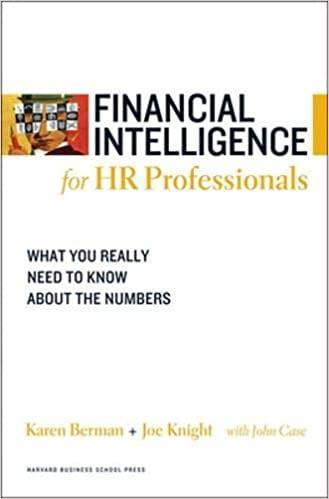Basic Stock Valuation: Free Cash Flow Valuation Model The recognition that dividenos are dependent on earnings, so a relable dividend forecast is based on an underlying forecast of the firm's future sales, costs and capital requirements, has led to an alternative stock valuation approach, known as the free cash flow valuation model. The market value of a firm is equal to the present value of its expected future free cash flows: Free cash flows are generally forecasted for 5 to 10 vears, after which it is assumed that the finat forecasted free cash flow will grow at some long-run constant rate. Once the firm reaches its horizon date, when cash flows begin to grow at a constant rase, the equation to calculate the continuing value of the firm at that date is: Discount the free cash flows bock at the firm's weighted average cost of captat to arrive at the value of the firm todsy. Once the value of the firm is calculated, the market value of debt and preferred are subtracted to arrive at the market value of equity. The market value of equity is divided thy the number of common shares outstanding to estimate the firm's intrinsic per-share value. We present 2 exampies of the free cash now valuation model. In the firt problem, we assume that the firm is a moture company so its free cash flows grow at a constant rate. In the second arobiem, we assume that the firm has a period of nanconstant growth. expense will be 160 milion, darrington's 2020 gross capital expenofures are expected to be $120 million and the change in its net operating working capital for 2019 will be $30 milion, The firms free cash fiow is expected to grow at a constant rate of 4.5W annualiy. Assume that its free cash fiow occurs at the end of each year, The firms weighted average cost of captail is a.9W: the market value of the comparys debt is 22.45 bilion; and the company has 180 malion shares of common stock evtstanding. The firm has no preferred atock on its baiance sheet and has no plans calculations. Round wour answer to the nearest cent. s per share Quantitative Problem 2: Hadley Inc, forecasts the vear-end free cash flows (in milions) shown below. The weighted average cost of capital is 9%, and the FCFs are expected to continue growing at a 5% rate after Vear 5 . The firm has $24 milion of market-value debt, but it has no preferred stock or any other outstanding claims. There are 18 million shares outstanding. What is the value of the stock price today (rear o)? Do not reund intermediate calculations. Round your answer to the nearest cent. $ per share According to the developed valuation models, the value that an imvestor assigns to a share of stock is dependent on the length of time the investor plans to hoid the stock. The statement above is Conclusions







